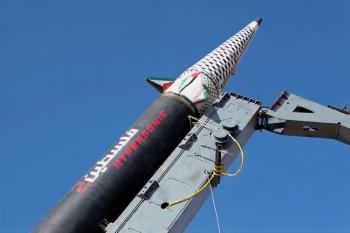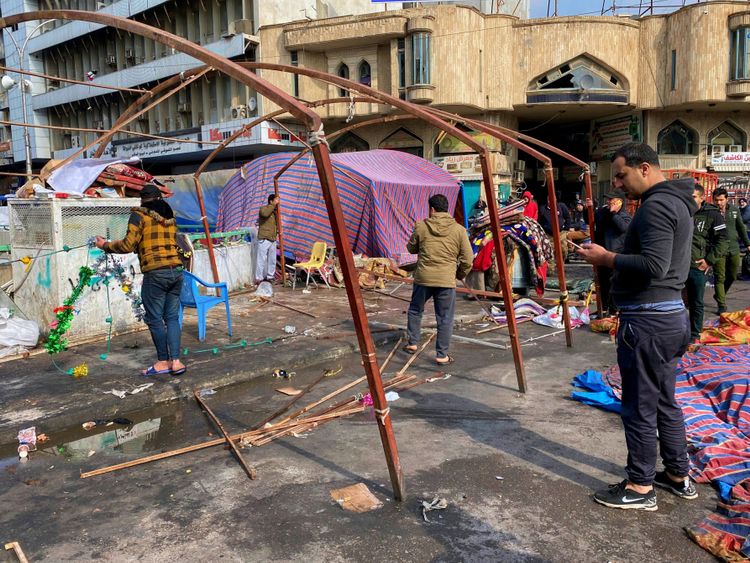Alwaght- Iraqi security forces have cleared anti-government protesters from streets and squares in Iraq’s central and southern cities on Saturday as protests over economic hardships continue in the Arab country.
On Saturday, security forces cleared sit-ins from Tayaran Square, Mohammad Qasim highway and Ahrar Bridge in the capital city of Baghdad.
Reports had previously emerged of instances of violence, including the closure of urban and inter-city roads by the protesters, who set objects ablaze in the course of moving traffic.
On Wednesday, security forces fended off the rioters in Baghdad, reopening the Mohammed al-Qassim highway that connects areas in city’s Rusafa, a district to the east of the Tigris.
In the southern city of Basra, security forces stormed a protest camp, burning the tents down and forcibly dispersing the protesters.
Many protesters were seen taking down tents in the cities of Hilla, Diwaniyah, Kut and Amarah.
The development came after Iraqis rallied in Baghdad in massive numbers to call for an end to US military presence in the country following high-profile assassinations and airstrikes targeting anti-terror forces.
Since the early hours on Friday, huge crowds of men, women and children of all ages converged on the Jadriyah neighborhood near Baghdad University, with protesters carrying banners and chanting slogans calling for the expulsion of US forces.
Iraq's al-Ahd news network reported that Iraqis from all of the country's provinces had gathered in the city.
The massive rally came after influential cleric Muqtada al-Sadr called on Iraqis to stage "a million-strong, peaceful, unified demonstration to condemn the American presence and its violations".
Anti-government protests erupted in Iraq on October 1, 2019 against deep-rooted corruption and dire economic conditions.
Prime Minister Adel Abdul-Mahdi stepped down amid the rallies, but keeps functioning as interim premier. The parliament also acknowledged the popular dissatisfaction, introducing an electoral law that allows voters to pick individual candidates instead of choosing from party lists.
Some protesters say the alleged corruption is to be traced back to a ruling elite’s monopoly of power since the United States’ 2003 invasion of the Arab country.
Over 300 people have been killed in the Iraq unrest since October 1, according to the Iraqi parliament’s human rights commission.
The rallies subsided after January 3, when the United States launched a set of drone strikes against Baghdad, assassinating senior Iraqi anti-terror commander Abu Mahdi al-Muhandis and General Qassem Soleimani, commander of the Quds Force of Iran’s Islamic Revolution Guards Corps (IRGC), who was visiting Iraq on an official invitation, among others.
After the assassinations, the parliament voted overwhelmingly in favor of a bill demanding expulsion of all US-led forces.



























